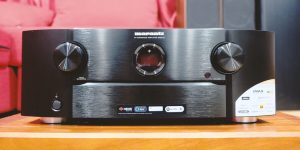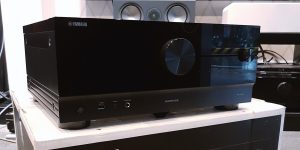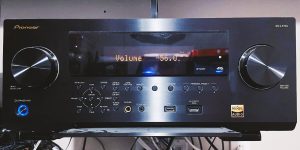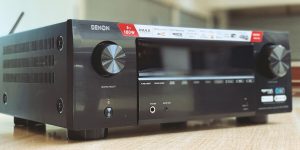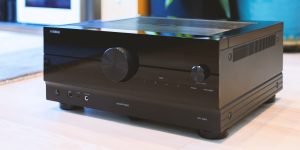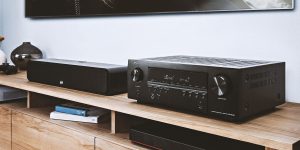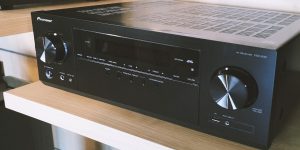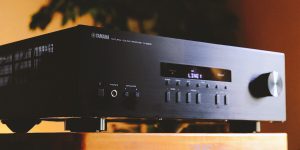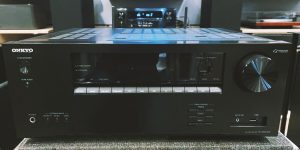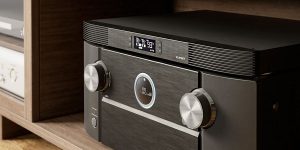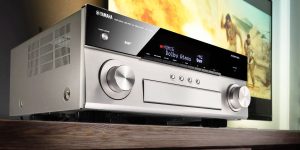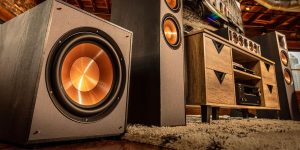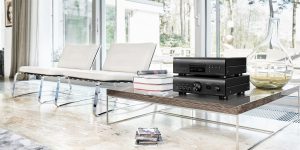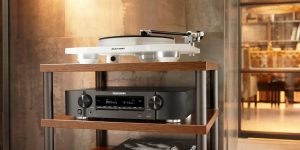If you want to get a powerful sound, a good idea is to match speakers and a receiver together according to their characteristics and features. It gives us more opportunities and significant benefits. In this article, we will point out some of them and give advice on how to choose a receiver correctly.
Why do I need to match the speakers for my receiver?
Firstly, we can speak about extra sound effects that you don’t get when using only two speakers. One of them is the surround sound effect. In this case, sounds come from several directions, making the movie feel more realistic. Besides, with a receiver, you can play DVDs through your TV speakers at the same time.
Furthermore, it’s an easier way to control your entire home theater system. Almost all people use speakers and receivers because it is easier to control the volume and turn the system on and off with one device. So instead of turning on all your devices individually just to watch TV, you can turn on the entire system with one click.
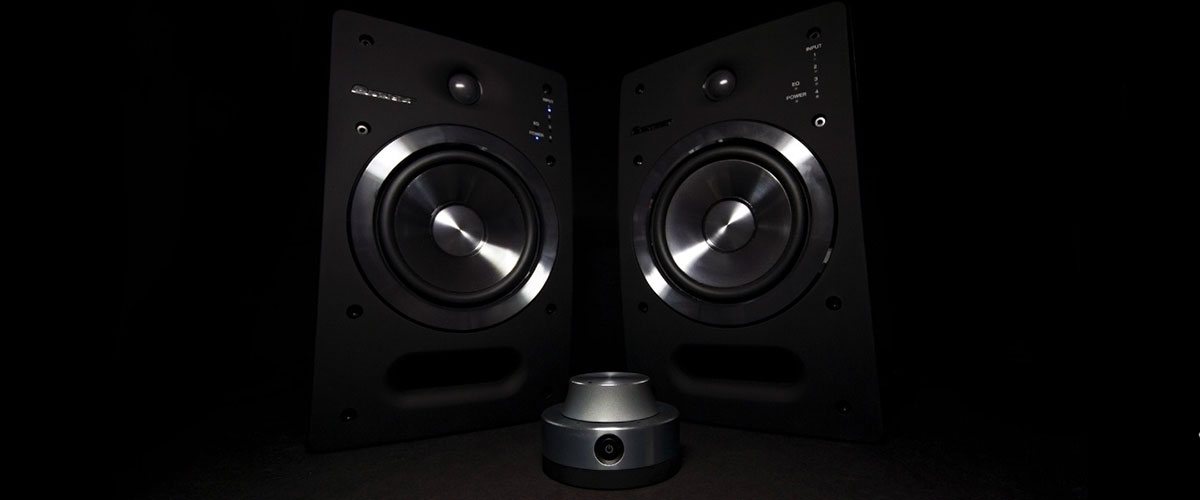
How to choose an amplifier or receiver for speakers?
Nowadays, there are a lot of models of receivers, amplifiers, and speakers. They have different qualities and power. For example, you can use almost any receiver to drive speakers, but not every amplifier is a good choice.
If you want to choose an amplifier or receiver for your speakers, you need to know their working principle, power ratings, and other technical characteristics. Just remember that an amplifier must have enough output power to be able to drive the speakers effectively. A good idea before choosing an amplifier or receiver is to follow some recommendations:
- Know the power rating of your speaker
- Don’t forget to check the power ratings of your receiver
- Check the impedance of your speakers
What is the connection between speakers and amplifier impedance?
Speakers work as a load on the amplifier; therefore, the impedance of speakers plays an important role. An amplifier and a speaker must have the same impedance. This is one of those “rules” you should consider, when you want to buy it. Matched impedance means the amplifier’s output impedance and the speaker’s input impedance are equal. If it doesn’t match, it can damage your speakers and/or receiver or obtain a low sound quality at high volumes.
So the main rule is that the amplifier should have the same impedance as your speakers.
Make sure the amplifier and speakers have matching power ratings
Most people know that different speakers can play at different levels of volume, depending on their efficiency. But many do not realize that the amplifier’s power rating is also relevant. It’s a difficult question that confuses a lot of users. However, it’s really important to consider this feature when you buy an amplifier for your speakers.
A speakers power rating is a speaker’s ability to handle electrical power. You should choose an amplifier carefully because its wrong type can severely damage your speakers, especially when an amplifier pushes through too much energy. Let’s highlight that every speaker has a maximum power rating, the maximum amount of electrical power from your amplifier that it can handle without damaging itself.
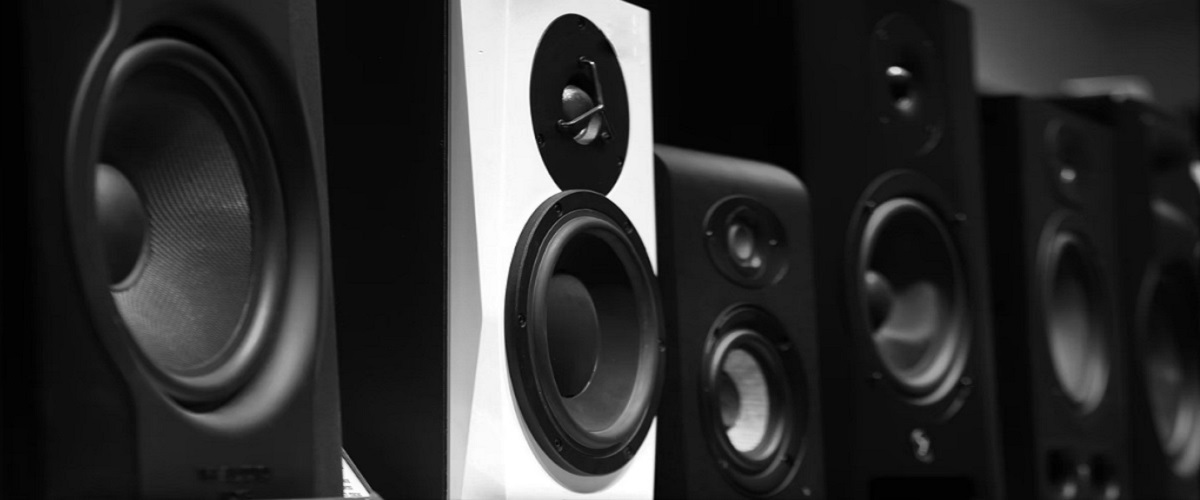
Try to match the cost of the receiver and speakers
It’s not a secret that there is a stereotype about the connection between price and good quality. Therefore, many people argue that the more expensive a device, the better it is. However, nowadays, many people claim this will not affect sound quality; instead, they spend more on better-built items.
To get a good sound, firstly you should rely on matching of receiver and speakers, not their cost. You can come across the situation when you get an excellent sound quality by buying cheaper items. A good option is to buy products from the same manufacturers. By using the same brand name, the products try their best to match each other, giving you better performance than buying different brands.
On the other hand, there is one more opinion among people that it’s better to buy devices from the same manufacturer and pay a similar price. It helps to achieve some fantastic results in sound. High-end products might cost more, but they try to justify their higher prices with great features and top design/build quality, which undoubtedly influences sound quality.
We are supported by our audience. When you purchase through links on our site, we may earn an affiliate commission at no extra cost to you.
Our newsletter
* We will never send you spam or share your email with third parties

